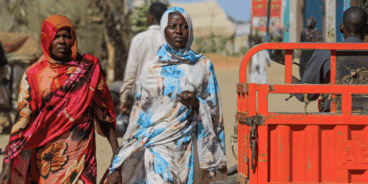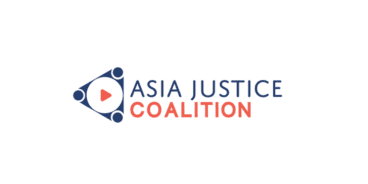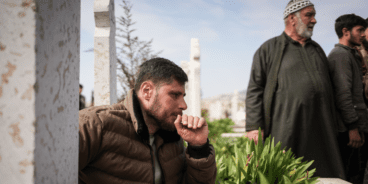
Meeting Summary on the discussion “Zimbabwe: What Can be Done, Who Must Act?”
30 January 2009 | 9:30 to 11:00 am | Room 8201, The CUNY Graduate Centre 365 Fifth Avenue, New York City
Participants in the January 30 GCR2P panel discussion, “Zimbabwe: What Must Be Done? Who Must Act?” were unanimous in condemning the appalling abuses committed by the regime of President Robert Mugabe against civilians. Members of the opposition MDC party, their supporters, and human rights activists have been systematically arrested, beaten, tortured, and raped. In an attempt to crush the opposition, the regime has eliminated much of the state apparatus in opposition-controlled regions of the country, including the public health system and the schools. Zimbabwe is now enduring a cholera crisis with escalating mortality rates; “starvation is rampant”; child and maternal mortality rates have soared as obstetric care has disappeared; agriculture and the economy have been decimated to the point where only 6 percent of the population has jobs; life expectancy has been cut almost in half as a result of HIV/AIDS, the total breakdown of the health care system and the collapse of the economy. And whatever role may have been played by such outside factors as climate or the demands of international economic institutions, there was broad agreement that Zimbabwe’s catastrophe was directly traceable to reckless state policies and corruption. “Zimbabwe is not anarchy,” said one participant. “It is a highly organized, hierarchical country run by a dictator whose control penetrates throughout the society.”
Few participants believed that the political settlement which had just been announced was likely to represent a long-term solution to Zimbabwe’s problems. The agreement failed to address ongoing crimes and abuses and left almost all power in the hands of the current leadership. What’s more, the regime had accepted a similar power-sharing pact in 1983-4 with Joshua Nkomo’s ZAPU party, only to renege on the agreement and wipe out the opposition. “Mugabe learned that you could use violence with impunity.”
The current efforts of neighboring states and regional bodies to reach a negotiated solution had proved insufficient. “Mugabe has trashed all the African institutions which have criticized him.” There is a need to mobilize greater political will, and to rouse the international community to act in tandem with regional states. Several participants argued that the abuses against civilians amounted to crimes against humanity. They cited the calculated violence against members of the opposition, their supporters, and human rights activists, and the (wholly preventable) cholera epidemic, the mass displacement brought on the by the 2005 re-settlement campaign known as Operation Restore Order, and the widespread starvation and food insecurity. They concluded, therefore, that the international community must accept its “responsibility to protect” Zimbabweans with timely and decisive measures. (The Centre itself has not reached such a judgment.) Others asserted that the rise of multiple-drug-resistant tuberculosis and mutant strains of AIDS, as well as the flight of refugees, including cholera victims into neighboring countries, meant that the situation in Zimbabwe could also be understood as a threat to international peace and security.
What, then, to do? Speakers agreed that military intervention would not be an effective means of fulfilling the responsibility to protect in Zimbabwe, but proposed a range of other forceful measures. These included referring regime figures to the International Criminal Court for prosecution; a UN-supervised “receivership” of Zimbabwe’s public health system; and warnings issued to the main actors by the UN Secretary-General or his special envoy. Others noted that in the past Mugabe has succeeded in exploiting splits in the Security Council, and urged efforts at producing greater cohesion among Council members. All expressed the need for urgent action.
Speakers
-
-
- Tawanda Mutasah, Director of Programs, Open Society Institute, and formerly founding chair of the National Constitutional Assembly (Zimbabwe’s leading democratic advocacy coalition)
- Valerie de Campos Mello, Senior Political Affairs Officer, UN Department of Political Affairs
- Frank Donaghue, Chief Executive Officer, Physicians for Human Rights
- Peter Godwin, Zimbabwean journalist and author of When A Crocodile Eats the Sun: a Memoir for Africa
-
Chair
-
-
- James Traub, Director of Policy, Global Centre for the Responsibility to Protect
-
Related Content


Asia Justice Coalition welcomes the arrest of the former Philippines President Rodrigo Duterte
